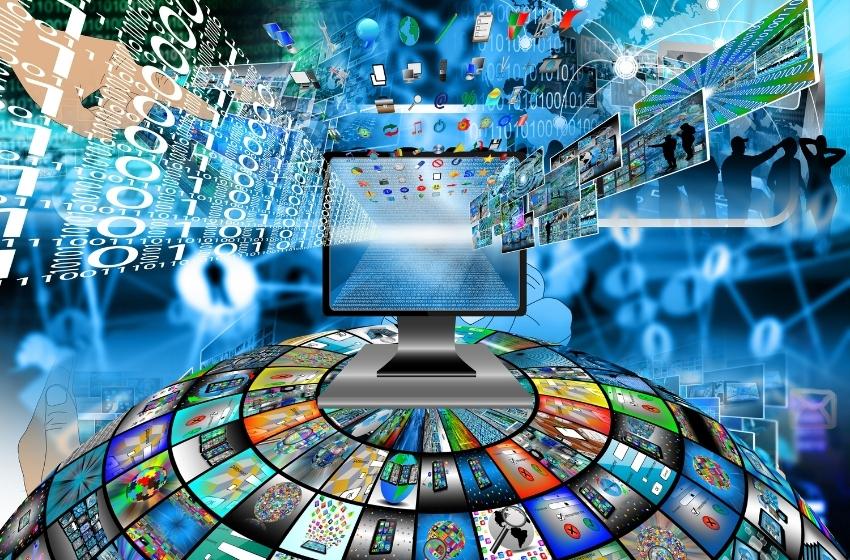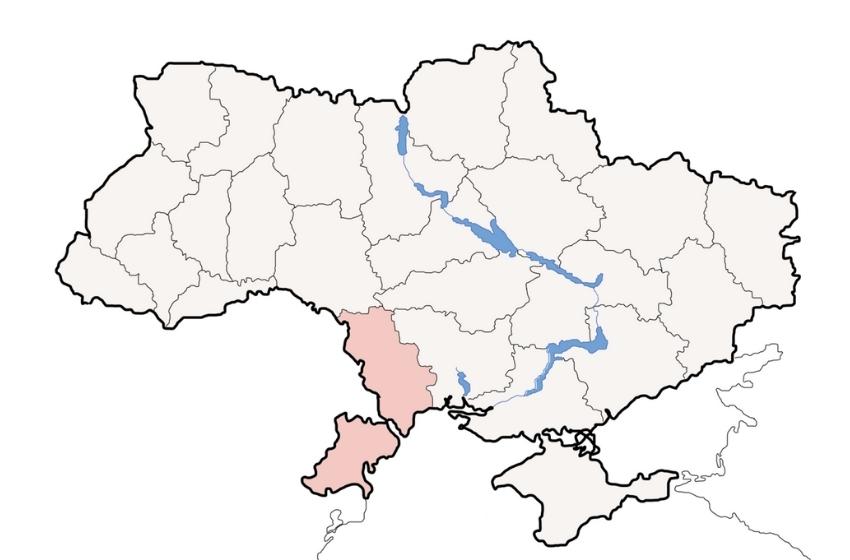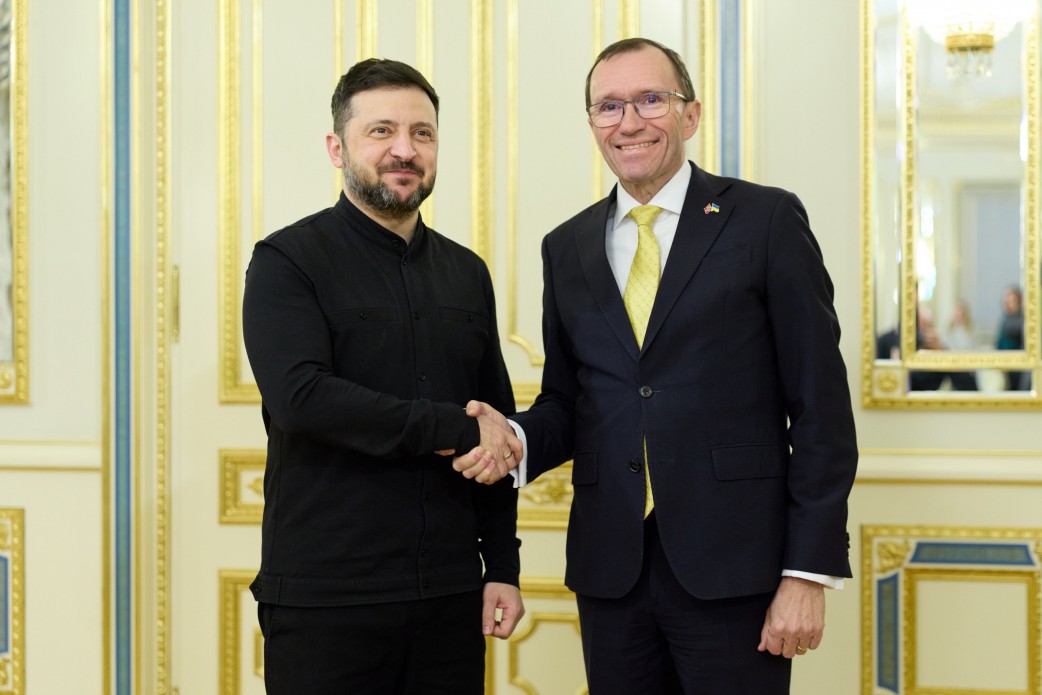With the rapid development of network components and ever-increasing bandwidth, higher demands on network cables are required. Considering the difficulty of replacing and re-upgrading cables, advanced cables must be used for future deployments.
Industry expert Sergey Sidorenkov, the Head of the Structured Cable Systems Department at Odeskabel PJSC, spoke about the cable market developing in the modern world and gave recommendations on choosing a LAN cable.
World trend
Today, the shares of cable categories cat. 5e and 6 / 6A have a global average of about 50/50. Moreover, if in developed countries the share of solutions based on cat. 6 and above approaches 90%, and cat. 5e covers about 10%, then in developing countries the situation is exactly the opposite: the biggest share (about 85%) falls on cat. 5e. Some exceptions to this rule are the 50/50 US market despite the high level of the country's economic development.
What are cat5, cat5e and cat6 / 6a Ethernet cables?
Category 5 and 6 are used for Ethernet networks, consist of four twisted pairs of copper wire to carry signals. Cat5 is the older generation of cables, especially compared to cat6. Currently cat6 is the most advanced generation between three types of cables, faster than cat5 or cat5e. And it can support higher frequencies.

The industry is developing and the share of cat. 5e is constantly decreasing. According to new forecasts the rate of such changes is about 5% per year. And this is true both for the global market and for Ukraine.
It is worth mentioning that a number of experts are now talking about a much more intensive pace of development of digital infrastructure, which is due to recent problems with network bandwidth caused by a sharp increase in traffic during the Covid-19 quarantine period.
Previously, the reason for the lack of need for high speeds was rather that for most applications 100 Mbps streams were sufficient. Today, the situation has changed, primarily due to the widespread use of video services and the dominance of video data, which form about 80% of traffic.
We were the first to encounter a problem in China, where due to the massive transition to online offices, education systems, and entertainment, serious overloads were observed, which at some point completely "put down" the network. Similar problems have arisen around the world, with services such as YouTube and Netflix having to lower video quality to avoid network congestion.
Interesting facts:
* The Boeing 787 generates about 40 terabytes (TB) of dataper flight, 500 GB of which is ultimately transferred to the data center for analysis and storage.
* A large retail store collects about 10 gigabytes (GB) of data per hour, of which 1 GB is transferred to the data center.
* A mining company like Rio Tinto can generate up to 2.4 TB of data per minute.
Standards
Despite the presence of the international standard ISO / IEC 11801, European countries are often guided by EN 50173, and the USA by ANSI / TIA 568.
There is no fundamental difference between them. Only some minor differences in technical parameters and terminology. But the key requirements of all these standards will be the same: for home use, it is recommended to use solutions of at least cat. 5e (Class D), for offices, business centers, hotels - not lower than cat. 6 (Class E), and for data centers - cat. 6A (Class EA) and above.
Any cable system is designed for a much longer service life than, for example, active equipment. Therefore, competent managers, if necessary, will save better on computers (functional wear), but not on the cable system. And the cost of such a system is orders of magnitude less. As for the difference in the cost of moving to a higher category, it averages 30%. In this case, the possible data transfer rate is at least doubled.

Now let's summarize. The choice of a cable system depends primarily on what the network is built for.
Home use: category 5e is the most rational solution that fully covers the needs of today. If you want to have a reserve for the future choose category 6.
For an office, hotel, business center, bank: we use at least category 6. If the average line length exceeds 50 m, and there are many lines, it is better to opt for category 6A.
For data center: category 6A
Interesting facts:
* The share of shielded LAN-cables produced by "Odeskabel PJSC" in the EU Countries reaches almost 50%.
* On the basis of Long Ethernet cable manufactured by Odeskabel PJSC, it is possible to obtain a 100-megabit line length up to 300 m.
* The copper conductor diameter in a Category 6 LAN cable can be 0.51 mm (24 AWG).
* Specially for the Armed Forces of Ukraine, a unique LAN cable cat. 5e brand KRM was created. It withstands 1.2 kN tensile strength and resists the harshest field conditions.
Website | Facebook | Twitter | Linkedin





















